
The proactive role of the Netherlands Agricultural Network in the protection and sustainable use of biodiversity worldwide

The proactive role of the Netherlands Agricultural Network in the protection and sustainable use of biodiversity worldwide


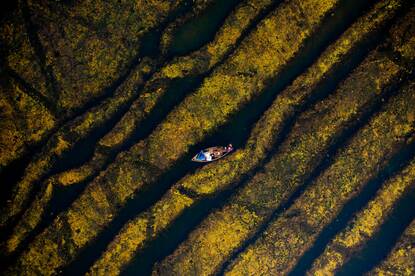
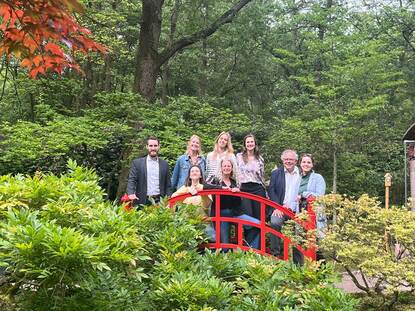
Biodiversity is essential for the health of our planet, and international cooperation is crucial for its conservation.
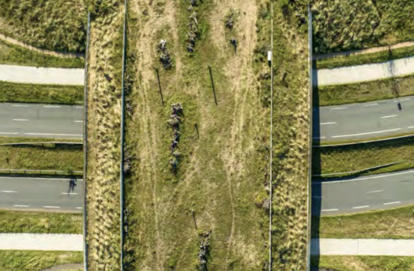
The Nature-inclusive program office coordinates and facilitates the public private cooperation on ten domains, and the movement of Collective Nature-inclusive.

Cities are facing the growing challenge of maintaining a healthy balance between their development and the natural environment.
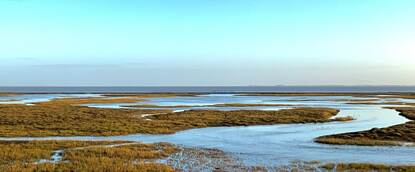
Nature and biodiversity are of great importance. But unfortunately, it is in a very bad shape both in the Netherlands and worldwide.

In the modern global economy, more than 50% of economic activities rely on the ecosystem services that nature provides us.
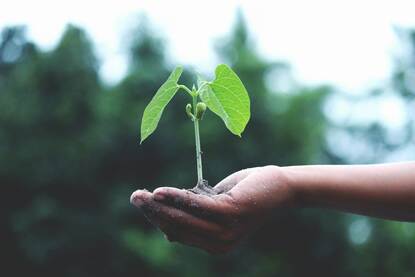
The key part of these efforts is the Kunming-Montreal Global Biodiversity Framework, especially Target 18 under the UN Convention on Biological Diversity (CBD).
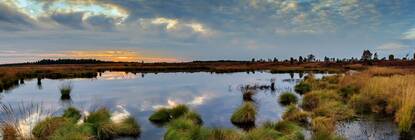
The Habitats Directive is among the most important measures to conserve the European Union’s (EU) wild flora and fauna.
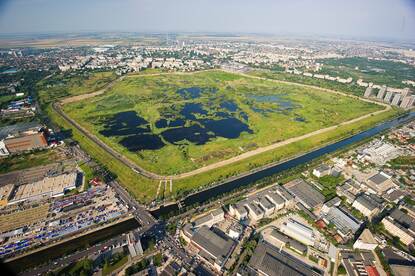
Romania is committed to greener cities. Providing inspiration for change and promoting bilateral cooperation for impactful greening projects remain important steps that contribute to sustainable climate.

Türkiye’s biodiversity is under threat. Almost 1.000 endemic plant species are in danger of becoming extinct, and endemic mammals, reptiles and amphibians are suffering too.
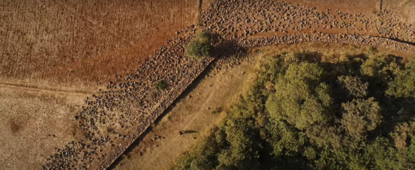
In Ethiopia, the lands of the Ethiopian Orthodox Churches serve as vital havens of biodiversity amidst widespread deforestation.
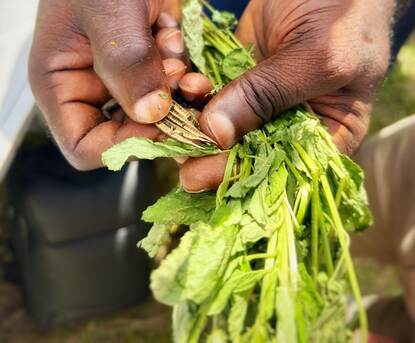
The topic of biodiversity in Ghana is closely linked to neglected and underutilized species (NUS). These minor crops are integral to rural livelihoods, food security, and the environment.
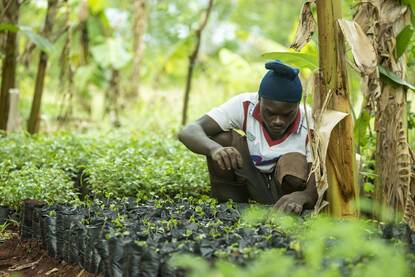
Kenya is home to more than 35,000 species of flora and fauna. However, the country's biodiversity is increasingly under threat from climate change, deforestation and agricultural expansion.

Senegal and Côte d'Ivoire, nestled on the shores of West Africa, were once celebrated for their vibrant biodiversity.
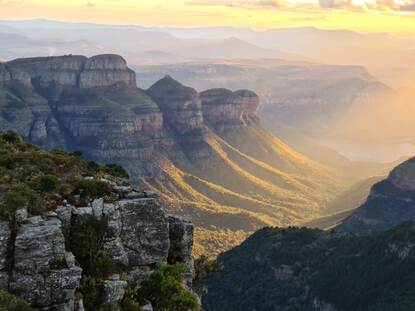
South Africa is one of the 17 megadiverse countries which make up more than two thirds of the world’s biodiversity.

Because Argentina's economy is closely tied to biodiversity, it needs to protect its ecosystems.
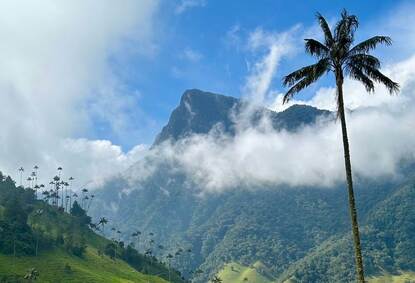
As Colombia prepares to host COP16, the 16th Conference of the Parties to the Convention on Biological Diversity, the country stands poised to shape global biodiversity policy.

Mexico’s diverse ecosystems are under growing pressure from deforestation, unsustainable agricultural practices, climate change, and a rapidly expanding population.
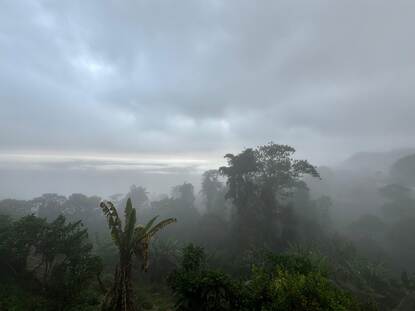
To address challenges and opportunities in South American biodiversity, the Netherlands has appointed Emiel Mulder as Nature and Biodiversity Counselor.
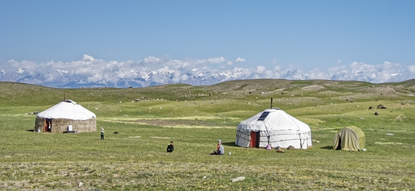
The vast landscapes and rich natural resources in Central Asia hold immense potential for sustainable biodiversity practices.
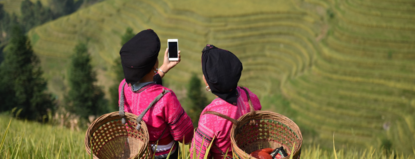
China’s commitment to sustainable development is increasingly gaining international recognition.

As a tropical island in the Indian Ocean, Sri Lanka’s natural resources play a significant role in sectors like agriculture, fisheries, and tourism.
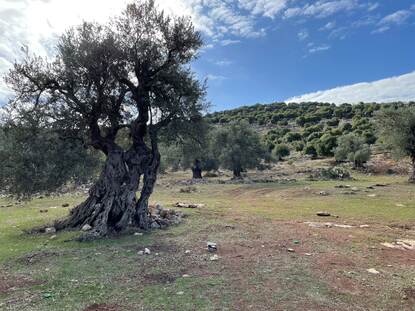
Egypt and Jordan face increasingly fragile ecosystems. Reduced rainfall and rising temperatures put pressure on their biodiversity.
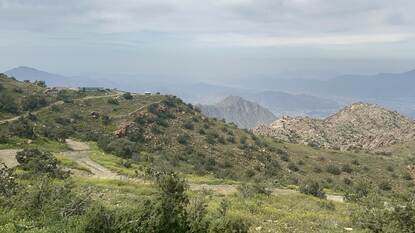
While the Gulf region is often associated with vast deserts, it also contains significant green areas that are increasingly under threat.